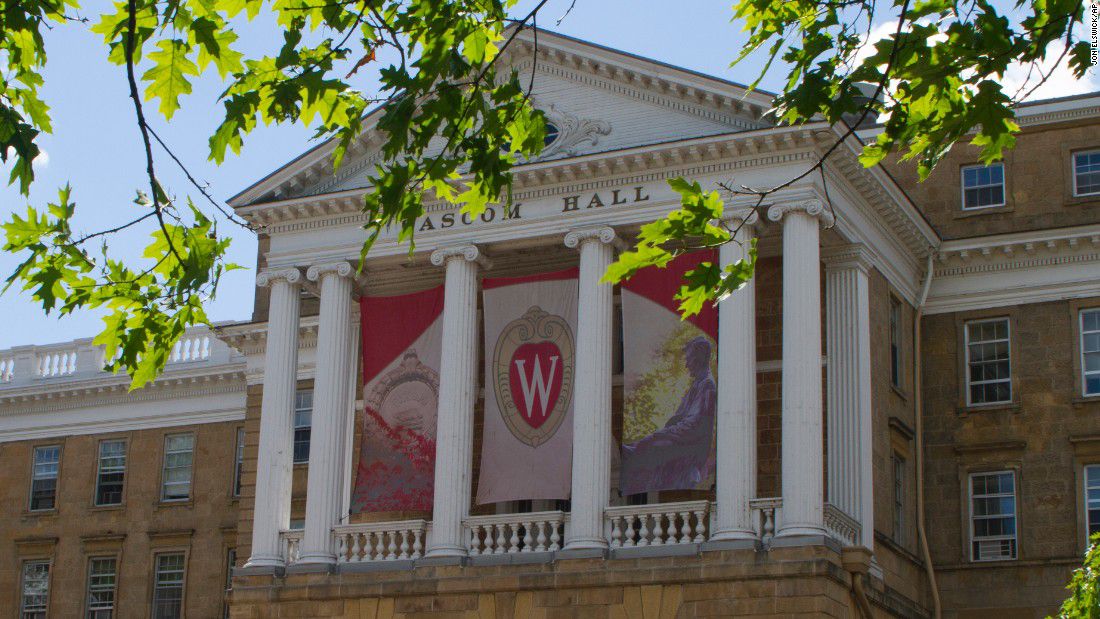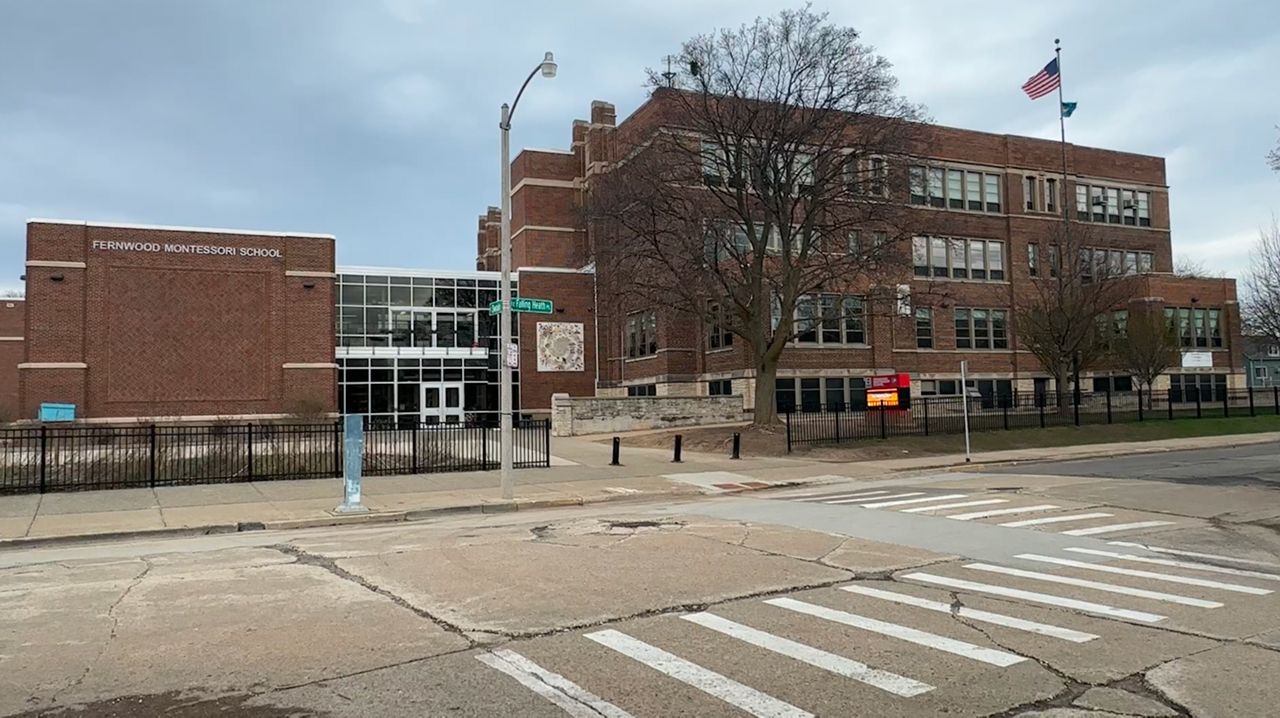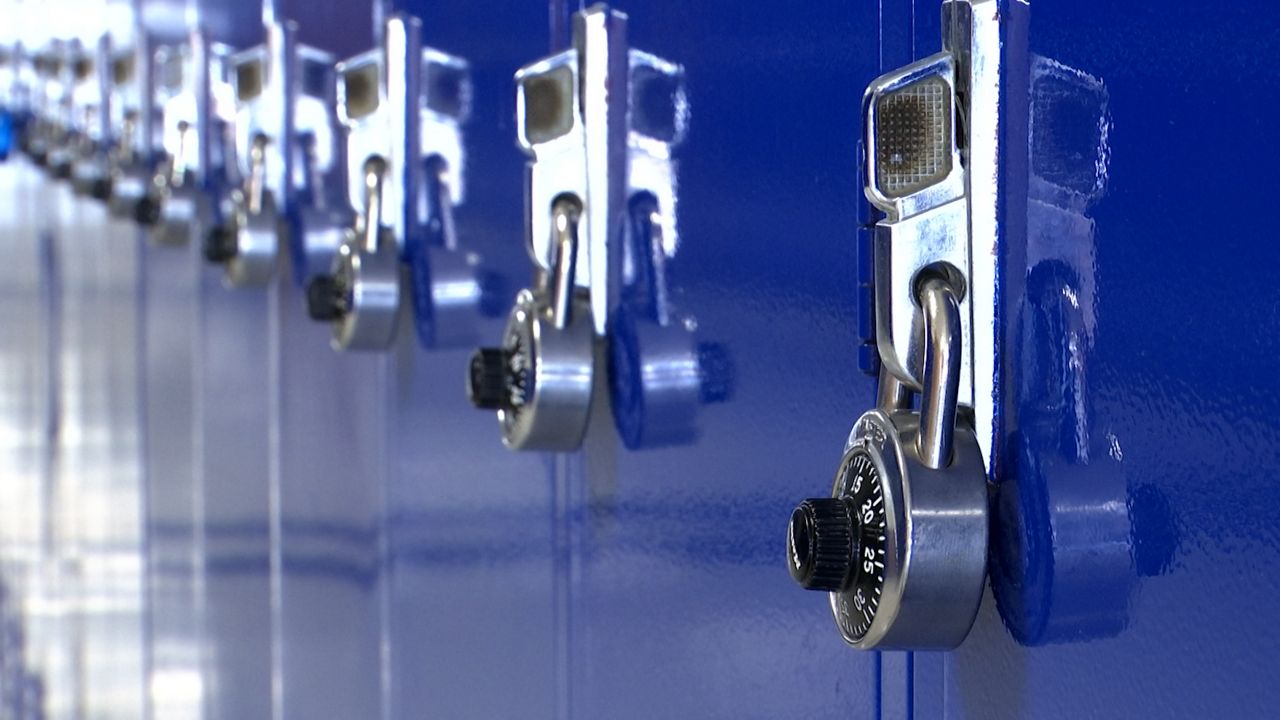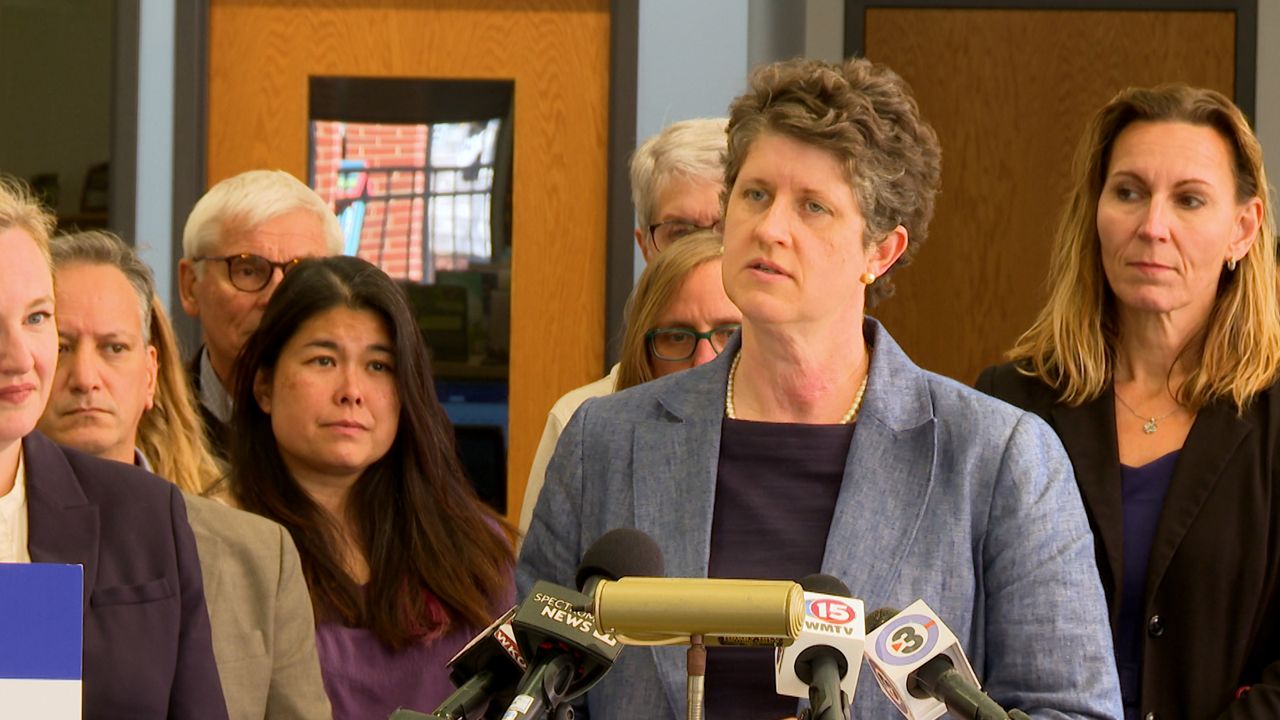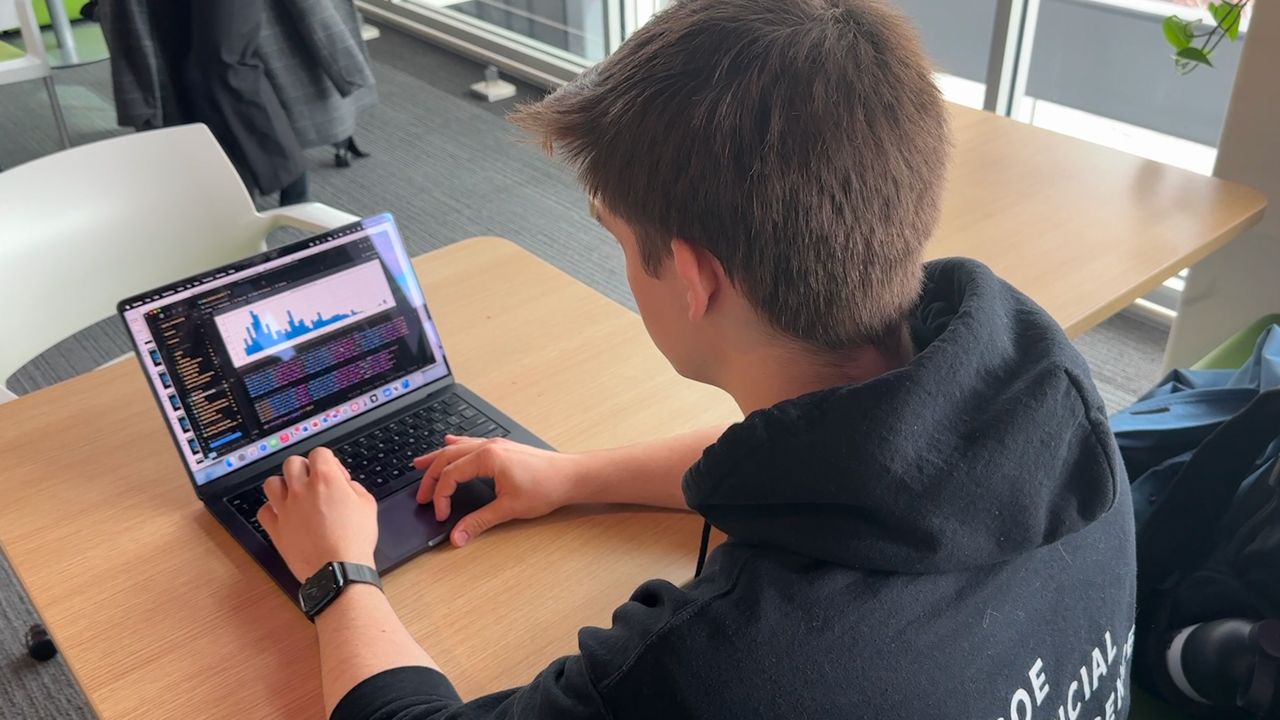MADISON, Wis. — A new University of Wisconsin-Madison program is helping expand the path to debt-free education.
What You Need To Know
- The Bucky’s Pell Pathway program, introduced on Thursday, will meet full financial needs for four years for new first-year Wisconsin residents students who quality for Pell Grants
- Transfer students can also take advantage of the program and receive funding for two years if they meet the same criteria
- Pell Grants is a federal program that helps students in low-income households get funding for college
- Funding through the program will be awarded to students based on information they provide through the Free Application for Federal Student Aid. No separate application is needed
The Bucky’s Pell Pathway program, introduced on Thursday, will meet full financial needs for four years for new first-year Wisconsin residents students who quality for Pell Grants. Transfer students can also take advantage of the program and receive funding for two years if they meet the same criteria.
Pell Grants is a federal program that helps students in low-income households get funding for college. It’s one step in the state’s agenda to make college affordable and accessible for Wisconsin residents.
This program expands on that goal.
“Bucky’s Pell Pathway is an important additional step in creating access and affordability at UW–Madison,” said UW-Madison Chancellor Jennifer Mnookin. “It will help ensure that the amazing resources of our university and the transformative opportunities offered here are available to students across our state, regardless of their means.”
UW-Madison officials said they expect over 800 incoming students to be eligible for the coming school year.
The program will make sure grants, scholarships and work-student opportunities meet the full financial needs of the Pell-eligible students. UW-Madison officials define this as the “cost of attendance minus any expected family contribution.”
That means things like housing, meals, books and most other educational expenses will be covered in addition to tuition and fees. It will also allow students to be more fully involved in campus experiences, such as study abroad trips and summer term courses.
Jeff Eide, executive director of the Wisconsin Rural Schools Alliance, said this will open opportunities to students across the state.
“It’s another great example of how higher education institutions are working to support Wisconsin Pell Grant recipients,” said Eide.
UW-Madison officials said the program expands on the five-year Bucky’s Tuition Promise program, which helps pay tuition for Wisconsin residents, whose household adjusted gross income is at or below the state median income, through scholarships and grants.
Close to 5,000 students have benefited from that program. On Thursday, officials also announced a bump in the income threshold for the tuition program, raising it from $60,000 to $65,000.
But the Bucky’s Pell Pathway program goes beyond the existing program.
“If we are going to live our values of creating real access and opportunity, we need to do more for our students from Wisconsin’s lowest-income households — our Pell Grant recipients,” said Mnookin. “Today, we are committing to comprehensive support for these students, who come from all parts of the state. Bucky’s Pell Pathway will, in most instances, allow recipients to complete a four-year degree without taking on debt to cover their educational expenses.”
UW-Madison officials expect that most Bucky’s Tuition Promise recipients will also qualify for this program. Both programs are structured as “last-dollar awards.”
That means UW-Madison factors in other funding sources — like federal and state aid, work-study opportunities and outside grants — to fill the financial gap for students. The money for the program comes from private donors and other institutional resources.
To be eligible for funding, no separate application is needed. Funding through the program will be awarded to students based on information they provide through the Free Application for Federal Student Aid.
“The bottom line is, if you are eligible for one of these programs, we’ve got you covered,” said Derek Kindle, vice provost for enrollment management. “We want to continue to message to our talented and competitive Wisconsin residents that we will help remove any financial barriers to becoming a Badger.”






